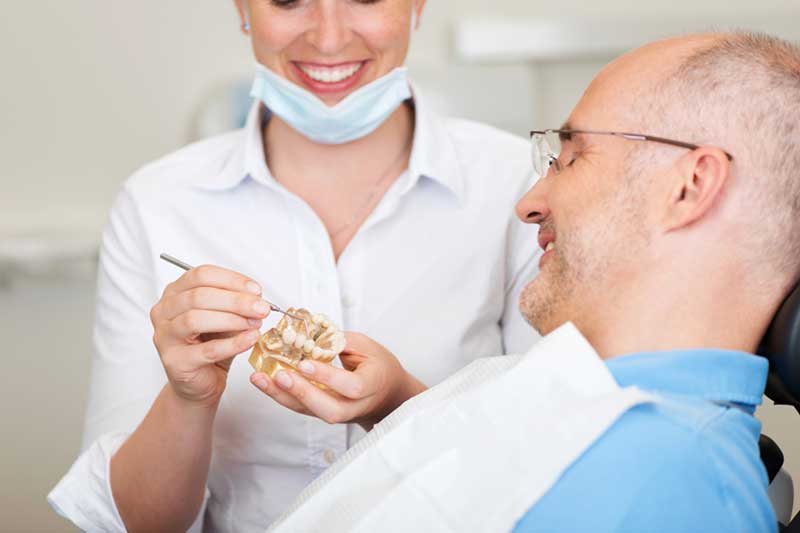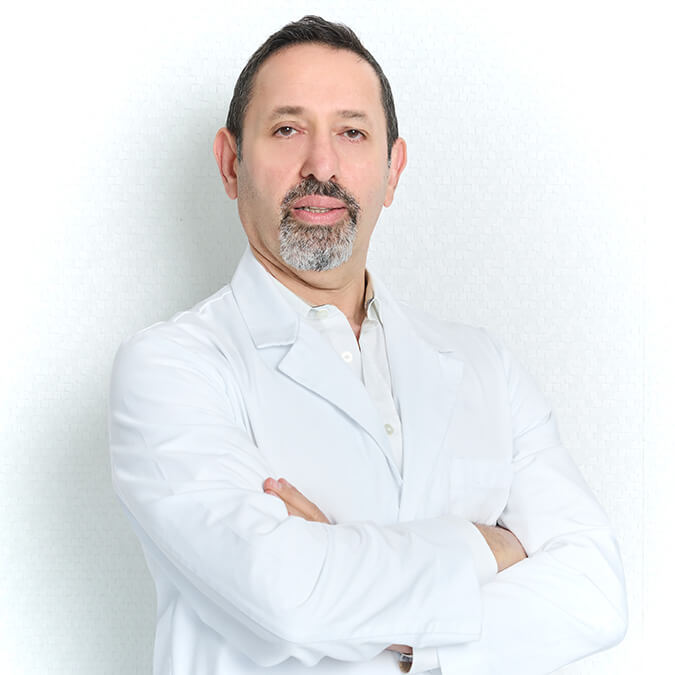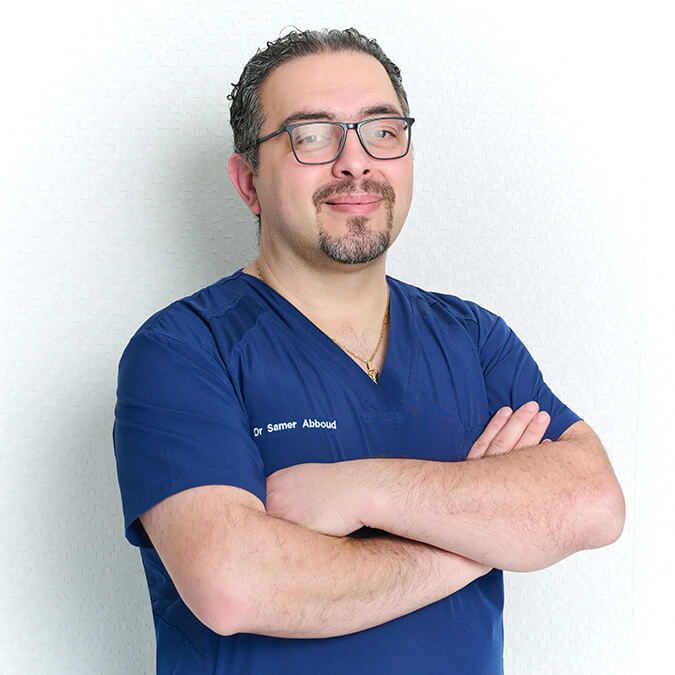How dental bridges are used to replace missing teeth
Replacing missing teeth is easy when working with a restorative dentist in the Pierrefonds, Quebec area. Dr. Ramin Mirmooji and his team at Msmiline Cosmetic Dentistry work alongside patients to help them choose solutions that best fit their unique needs. There are many solutions available for patients who are in a situation where they need to replace one or more teeth, including dentures, bridges, and implants. Our team finds that many patients are proper candidates for dental bridges.
What exactly is a dental bridge?
A dental bridge is named by its ability to “bridge the gap” left behind by one or more teeth extracted or lost within the dental arch. It uses a restoration made of porcelain held in place and fills the gap to keep surrounding teeth from shifting out of place and causing other gaps within the smile.
What types of bridges are available with Dr. Mirmooji?

The team of Msmiline Cosmetic Dentistry of Pierrefonds, Quebec, uses two primary types of bridges, including implant-supported and fixed dental bridges.
- Implant-supported bridge. An implant-sustained bridge is a restoration used when a patient has lost one or more teeth in their dental arch. A dental implant replaces the tooth’s root, and an abutment is attached to the implant to support the bridge. The bridge is then joined to the abutment and secured to stay firmly in place, even during biting or chewing.
- Fixed dental bridge. A fixed dental bridge is a restoration that replaces multiple missing teeth with just one or two dental crowns. These bridges are made up of crowns, the pontics, and natural teeth that serve as abutments. The pontics replace the missing tooth or teeth; the crowns are fixed over the natural teeth on either side of the gap to hold the pontics in place.
Find out more about the benefits of dental bridges for tooth replacement
If you have any questions about our types of bridges or would like to schedule an appointment with Dr. Ramin Mirmooji at Msmiline Cosmetic Dentistry, please contact us today. We look forward to hearing from you! Call (514) 613-1888 to request a visit to our office, conveniently located at 4935 Saint-Charles Boulevard.

A bridge is a non-surgical way to replace one or many teeth. A bridge uses the adjacent teeth as anchors to support the missing tooth or teeth. With today’s dental advancements, a bridge can be fabricated in a fairly short period of time, using a metal or nonmetal foundation. Don’t let that missing tooth affect the way you speak, eat, and smile. Bridges yield immediate results that last a lifetime. Ask your dentist what type of bridge may be right for you.




